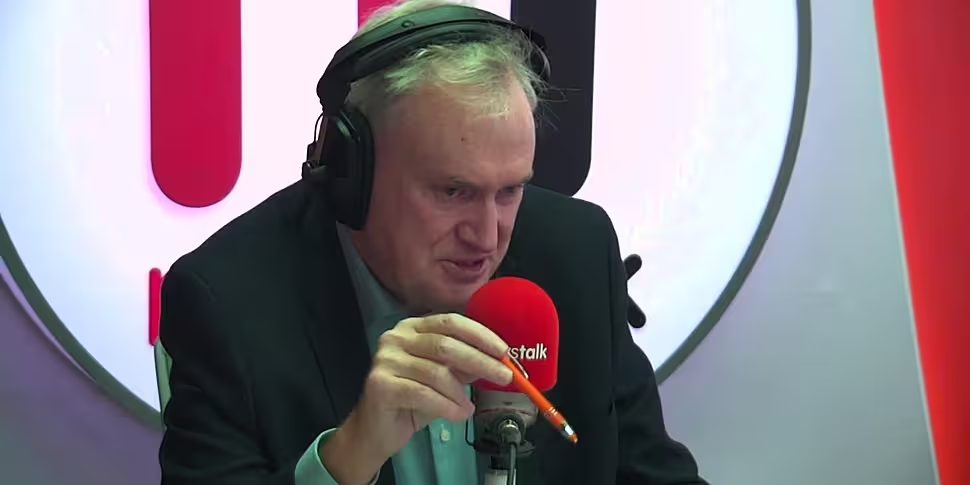Professor Luke O'Neill says it's "very clear" that long COVID is a real condition that can impact people for several months.
The Trinity College professor says the condition remains a concern for scientists, but the good news is symptoms do ease for most people after a certain amount of time.
Long COVID has been one of the key scientific and medical questions to have arisen during the pandemic.
While many people recover from COVID within days, others report lingering issues - such as fatigue, breathlessness or concentration problems - that can persist for weeks or months after a diagnosis.
Professor O'Neill told The Pat Kenny Show the condition remains a concern for scientists - especially in the wake of the sheer volume of Omicron cases reported over the last month or two.
He said: “How common it is is still uncertain, but it’s very clear it’s a real condition.
"There was a study in Oxford… [it showed] brain fog is a key feature, maybe [for up to] nine months post-infection. People have trouble concentrating."
One big breakthrough, however, is scientists have now discovered "very clear markers" of long COVID.
Professor O'Neill explained: "There are two things in your blood: one is called interferon β, and another is called IL-6.
"They go up in the blood of people with long COVID - that means you can diagnose it more accurately, and maybe treat it. Blocking [those markers] could relieve some of the symptoms.”
Professor O'Neill said the good news is the condition does seem to resolve after around six months in most people, meaning it's unlikely to remain as a chronic condition.
However, with some percentage of people who've been infected recently likely to have some form of lingering symptoms, long COVID is set to remain an issue for some time yet.
From pandemic to endemic
Separately, Professor O'Neill also discussed the issue of post-COVID stress disorder.
He said some countries - including Ireland - are now hoping the pandemic phase of COVID-19 is nearing an end, due to the level of immunity in the community and other changes such as anti-viral treatment.
While there's always a risk of new variants, the hope is the virus would become endemic - potentially surging occasionally, but in a way that is manageable.
However, Professor O'Neill said one concern is that some people may find it difficult to get back to normal life after two years of restrictions, social distancing, and limited socialising.
He observed: “People will still have worries and mental health issues - we have been harmed by this virus. That’s things like people being frightened to go back into the workplace or go to a party.
“The message I’m seeing... is please try to go back to normal.
"Obviously, in the next few weeks we’ve got to be slightly cautious - but over the next three-four months, people should begin to live their lives again.”
He stressed that the situation differs from country to country - some countries such as Germany have not yet seen a major decrease in cases, while many developing countries are still very much in the midst of a pandemic.









